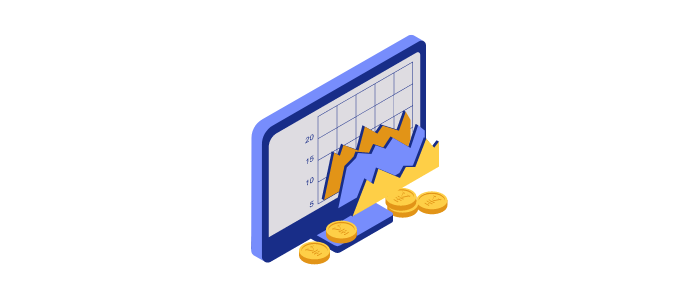Difference between Expense and Expenditure
What are expenses?
In business, an expense is any amount of money spent on a regular basis for the operation or maintenance of your business.
For example, the costs associated with operating and maintaining facilities (such as gas, electric, water/sewage), supplies that you use in making products (such as packaging materials or paper for invoices), raw material used to manufacture products or provide services (such as plastic resin used to make a toy), and the amount of money paid to your employees for their labor are all expenses.
What is Expenditure?
Expenditure is the amount of money spent on goods and services. Expenditures do not include capital expenditures, or amounts paid to acquire an asset that will have a useful life extending beyond one year.
For example, if you pay $1000 for a piece of heavy equipment used in your business, this would be a capital expenditure and not an expense.
Expense vs Expenditure: What is the difference?
- Expenditure is a general term that refers to the amount of money spent on goods or services. Whereas, the expense is a more specific term that refers to the cost of operating or maintaining your business.
- Expenditure is a broader term that includes both expenses and capital expenditures, while expense refers only to the operating costs.
- An expense is not included in the calculation of your business’s profits or losses, while expenditure is part of the calculation of profits or losses.
- Expense is used to refer to the amount of money spent on a regular basis for operating or maintaining your business, whereas expenditures refer to the total amount of money spent in an accounting period.
- An expense is not considered to be part of the capital cost of a business. However, an expenditure may or may not increase the value of your assets depending on whether it is a fixed asset or inventory.
- An expense is recorded in the accounting period during which it was incurred, whereas an expenditure may be treated as either a debit or credit depending on whether it increases or decreases assets.
- An expense is recognized as an asset when it is incurred, while a capital expenditure does not impact the accounting records until it is paid for.
These are some of the important differences between expense and expenditure. Here are a few examples:
Example 1: The cost of the payroll in an accounting period is recorded as an expenditure because it does not increase or decrease your assets. However, if you buy supplies for your business during the accounting period, these are recorded as expenses because they increase your assets.
Example 2: If you purchase a new machine for your business, this is recorded as an expenditure because you have to pay cash. However, if you purchase a used machine from a friend or relative and pay him with the amount he paid when he bought it, then this would be considered an expense because there are no funds moving between accounts and hence cannot be considered as an expenditure.
Example 3: If you purchase a new computer for your office, this would be recorded as an expense because it increases your assets. However, if the computer was purchased with cash that had been in the business’s bank account for more than one year, then it would not increase assets and hence would not be recorded as an expenditure.
Example 4: If you purchase office furniture with cash, this is recorded as an expense because it increases your assets. However, if the office furniture was purchased on credit (such as a lease-to-own agreement) and the amount does not increase your assets, then the amount paid would be recorded as an expenditure.
